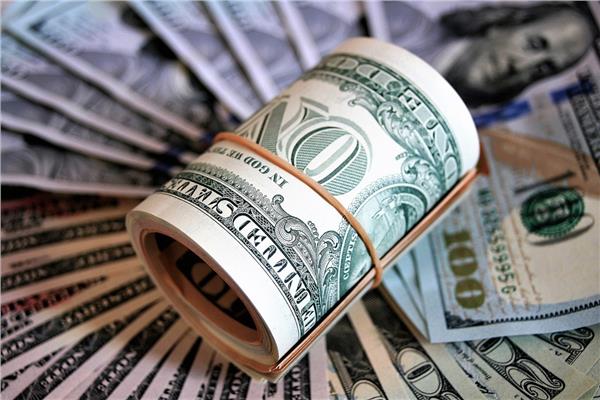Customs Dollar Hikes: Profit and Loss Equations

Report – Rehab Abdullah
A little Before the Sovereign Council approved the budget of the fiscal 2024, which was initially described at the preparation stages as (emergency) budget and finally named the (war) budget- the figures it contains have not yet been announced regarding the volume of revenues, disbursements, target rates, volume of expected grants and loans, etc.-, the Ministry of Finance and Economic Planning directed the Sudanese Customs Authority to amend the customs duties previously known as the customs dollar by raising its value to 950 pounds up from 650 pounds.
Perhaps this means that increasing the value of the customs dollar by 46% comes within the framework of supporting and financing the war and obtaining additional revenues regardless of the repercussions and sources from which funding comes.
Price increase
The former Secretary-General of the Taxation Chamber, an expert in financial management, Ahmed Adam Sal, confirmed that any increase in any category of fees (taxes, customs, and service fees) directly reflects an increase in the form of increase in the prices of goods and services. Therefore, he confirmed, the measure taken by the Minister of Finance to liberalize the customs dollar means an increase in the prices of all goods and services, and as a result, the living conditions of citizens will worsen. He further said he expects a decrease in revenues and attributed this to it
Due to the reluctance of a number of importers who pay customs to import, given the high cost and the decrease in capital, in addition to the decrease in demand among buyers because of the whooping prices high prices, thus the internal trade movement will ebb, which affects the collection of the state revenues.
Revenue decline
The customs expert, former customs director, Salah Al-Sheikh, warned against the repercussions of increasing the customs dollar from 650 pounds to 950 pounds, indicating that the rate of increase in the exchange rate amounted to more than 46%, stressing that this indicates the randomness of the decision and manipulation on the pound and Sudan, and he expects a wave of excessive prices.
In statement to (Sudan Event) he stated that the increase means more burden, high prices, and starvation of the vulnerable segments. He added, “The increase is very negative, and even the impact on exports will not be noticed by anyone, as prices increase internally, and obtaining export goods becomes more expensive.” He stressed that the increase is not to be hoped to increase any revenues.
However, he said, revenues will not increase and may lead to a significant decrease and the reluctance of suppliers to work, as capital is eroded, consumption decreases, and a number of goods become consumable in a short period.
Import stopped
The former Secretary-General of the Chambers of Commerce Union, Al-Sadiq Jalal Al-Amin, launched a critique on the decision to increase the customs dollar to 950 pounds, and called on the Sovereign Council to intervene urgently and cancel the decision.
Al-Sadiq considered that the decision is a “destructive economic war” imposed on the Sudanese people, especially in light of the recession that the Sudanese market is witnessing, due to the weak purchasing power of the people.
Al-Sadiq said, in press statements Wednesday, that increasing the customs dollar to 950 pounds, unfortunately, would be disastrous, as it suffers from the scourge of war. He added: In June 2021, the current Minister of Finance raised the customs dollar from 28 pounds to 370 pounds, citing that it was one of the consequences of economic reform works to stabilize the exchange rate and increase revenues.
Al-Sadiq confirmed that the strange thing is that the customs dollar was adjusted five times, from 370 to 445 to 564 to 650, and the last adjustment was 950 pounds.
Sovereign Council intervention
Al-Sadiq indicated that the decision is intended to increase revenues, but all previous similar experiences have led to the contrary, and the timing of the decision was completely wrong in light of the cessation of local production, which inevitably leads to the cessation of imports already affected by the recession, and imported goods are now sold for less than their cost, which reflects negatively on the supply of goods and creates a state of scarcity that leads to prices rising to unprecedented figures in the country.
Al-Jalal expected, in his statement to (Sudan Events), that imports would stop automatically.



